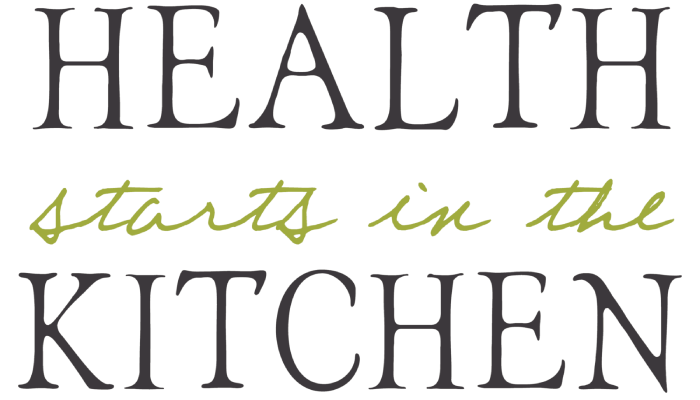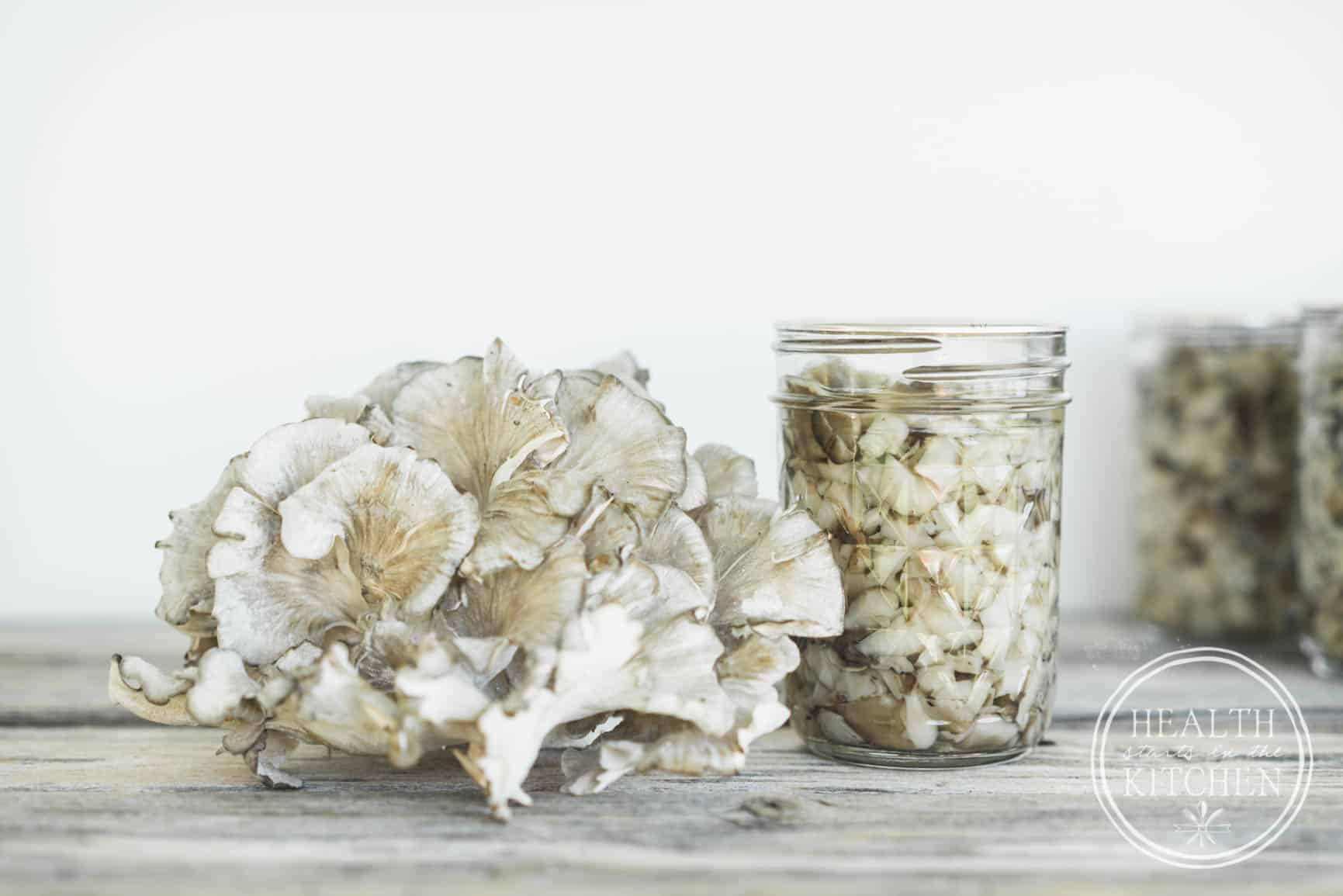Nurturing Spinal Health through Nutrition
Your diet can be a potent ally in managing scoliosis and promoting spinal health. Widening the lens from traditional medical interventions, we’ll explore how nutrient-dense foods can help maintain an inherently supportive environment for your spine. In this guide, we’ll explore the integral role nutrition plays in bolstering spinal health, making your journey with scoliosis a bit less daunting and a lot more empowering.
Understanding the Connection between Scoliosis and Nutrition
Although it might seem surprising, there’s a significant connection between scoliosis and nutrition. Specific dietary choices can greatly affect your spinal health and aid in supporting a scoliosis treatment without surgery.
Firstly, nutrient-dense foods support bone health, mitigate inflammatory processes, and foster muscle support, all critical in managing scoliosis symptoms effectively. What’s more, a well-curated diet can thus serve as a supportive element in controlling the progression of the spinal curvature. It also provides you with all the energy you need to maintain an active, healthy lifestyle, which plays a critical role in promoting overall musculoskeletal health.
Remember, nutrition should always be considered as part of a complex, holistic strategy for optimal health.
Best Foods to Include in Your Diet for Spinal Health
Now, let’s look at the practical strategies to put into place today to start improving your back health. Let’s dive in.
Foods That Act as Natural Painkillers
Certain foods, like dark chocolate, turmeric, and ginger possess natural analgesic properties. These can dampen the inflammatory response, thus easing chronic back pain associated with scoliosis.
Powering Up with Protein
Foods rich in protein like fish, eggs and almonds aid in tissue repair and muscle fortification. Stronger muscles provide better support to the spine, helping to alleviate scoliosis discomfort.
Choose a Calcium-Rich Diet
Consumption of calcium-packed foods like dairy, leafy greens, and fortified grains contributes to greater bone density and structural strength, which may help prevent further curvature in scoliosis. These can also help reduce the risk of conditions that can further aggravate your clinical picture, such as osteoporosis.
Boosting Bone Health with Vitamin-D-Rich Foods
Vitamin D, found in foods like fatty fish, cheese, and sun-soaked mushrooms, boosts calcium absorption, thereby promoting healthier and stronger spinal bones. Vitamin D deficiency has also been seen to be associated with a greater risk of developing scoliosis and other spine conditions.
How Omega-3 Fatty Acids Play a Role in Spinal Health
Omega-3-rich foods like walnuts, fish, and flaxseeds display anti-inflammatory properties, which can help mitigate back pain due to scoliosis and preserve the spine’s structural integrity.
Role of Hydration in Promoting Spinal Mobility
Proper hydration, via water-rich foods and ample fluid intake, aids in maintaining intervertebral disc (the cushions of cartilage located between the spinal bones) elasticity, reducing spinal pressure, and ensuring smoother mobility for scoliosis patients.
Supplements Supporting Spinal Strength: What You Need to Know
New studies are shedding more light over the connection between nutrition and spinal health. For example, research has seen that foods that are extremely nutrient-dense (i.e.: high-calorie foods) are associated with back pain. These foods are commonly found in today’s most adopted dietary patterns, such as in the Standard American Diet (SAD).
Switching a more balanced diet – such as the Mediterranean Diet – can already yield fantastic results. However, you may also be able to see faster benefits by introducing supplements such as amino acids, vitamin D, calcium, and magnesium.
Using Nutrition in Combination With Other Interventions To Improve Spine Health
Nutrition is only one piece of the complex puzzle that spinal health is! Of course, eating a more balanced diet can help you build muscle, which eases the pressure on the spine, and reduces the risk of conditions like osteoporosis.
Nonetheless, it is just as important to work with a specialist who can guide you through the interventions to manage your condition and improve overall spine health. These often include targeted exercises, improving posture, and creating an environment that is more conducive to the wellbeing of your spine – starting with how you move and the quality of your mattress!
For those passionate about deepening their understanding of nutrition’s role in conditions like scoliosis, enrolling in comprehensive nutrition courses offers a valuable opportunity. These courses provide the knowledge and credentials needed to make informed dietary decisions and help others navigate the complexities of nutritional well-being, with a special focus on enhancing spinal and overall musculoskeletal health.






